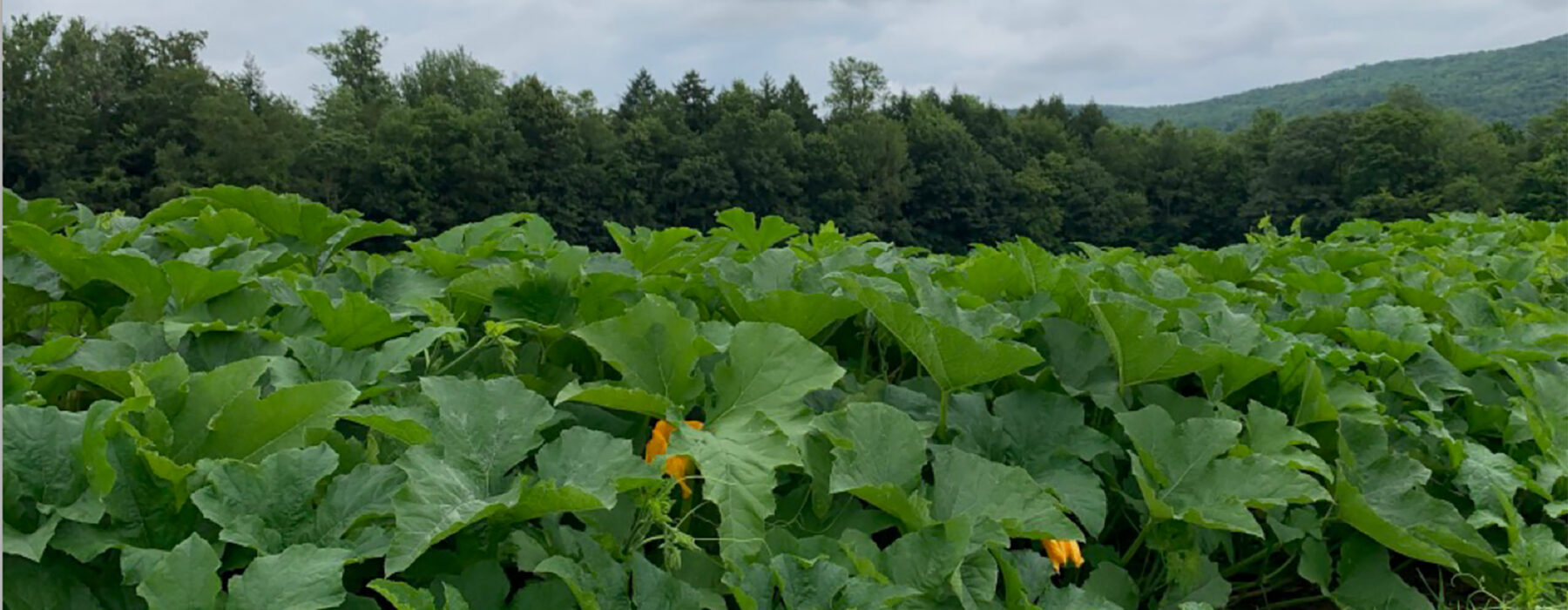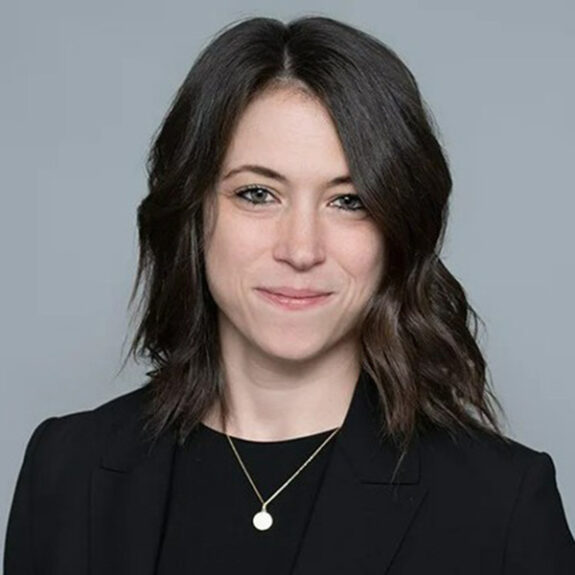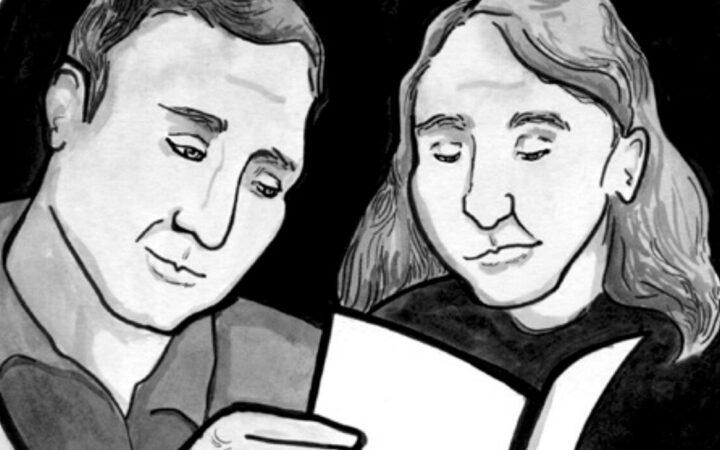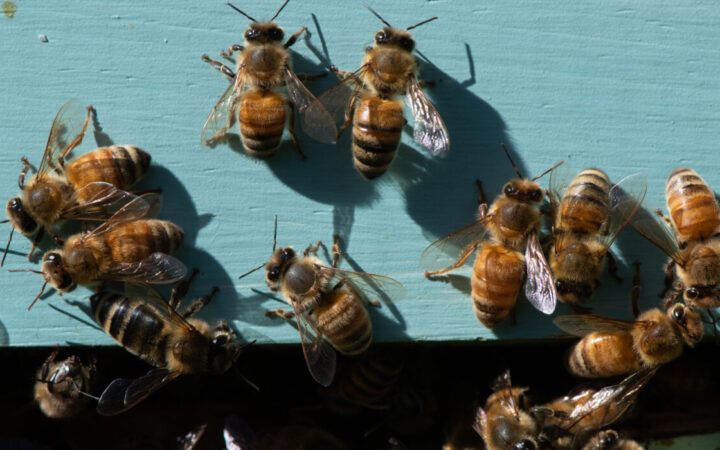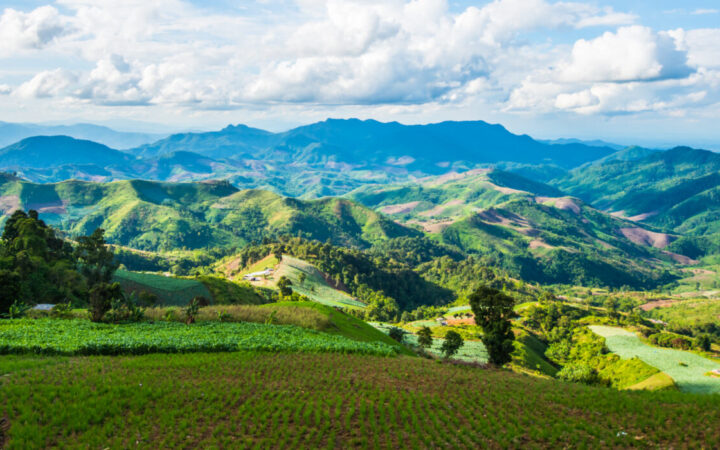“Soil health” encompasses far more than its name discloses. There appears to be a meaningful role for the state legislature to play in developing effective healthy soils policy, building on community-led collaboration.
Executive Summary
This research project began with an exploration of the intersection of agriculture and energy in the United States. At the heart of this convergence is an incredibly rich and growing focus on the role of agriculture in combatting climate change. This combines a scrutinizing of agriculture as a contributing factor (accounting for roughly 9 percent of U.S. emissions) with an exploration of agriculture as a mitigating factor (by drawing down and sequestering carbon in agricultural soils). This research began on the second prong, but what soon became clear was that the two areas are intricately entwined. Thus, the potential goes well beyond the opportunity to offset carbon emissions by actively drawing down carbon from the atmosphere for storage in agricultural soils. A review of the literature shows that not only can agriculture sequester carbon, but in many cases, the methods that accomplish this entail reduced energy use, indicating additional potential to reduce agricultural reliance on fossil fuels. In the face of climate change, air and water pollution, soil contamination, and the state’s growing interest in transitioning to a renewable economy, the full potential of soil carbon sequestration in agriculture holds extraordinary promise. It is therefore not surprising that healthy soils legislation is gaining in popularity across the United States.
Healthy soils programs – which exist in several states today – generally recognize that soil health benefits both agriculture and the environment and therefore can help in combatting climate change. Given the interest, and Vermont’s economic and environmental goals, we set out to explore key considerations for policy design and opportunities for further progress. Our purpose was to sample the public value of soil health in Vermont and discover relevant issues for developing healthy soils policy in the state. With this goal in mind, we interviewed a multi-sectoral selection of 32 Vermonters–researchers, legislators, regulators, technical assistance providers, farmers, and advocates–to learn their perceptions of soil health and the processes that relate to soil health work and policy. Summarizing what we learned from interviews, this report also recognizes that there are many questions yet to ask, and people to engage. We do not claim to describe the complete array of perspectives on soil health, but to begin mapping key arenas, stakeholders, and topics for further exploration and engagement.
Ultimately, we found that when we asked people to talk about soil health, what they talked about was whole landscape function, farm viability, and agricultural economies that embody ecological values. They talked about climate, water quality, and biodiversity. They told us about market failure, global commodity markets, and the price of milk. We learned that “soil health” encompasses far more than its name discloses, and that it is critically important to (1) understand the connection between soil and landscape function and the importance of a holistic perspective, and (2) support and fund further exploration of the public value of stewardship of natural resources like soil. Therefore, there appears to be a meaningful role for the state legislature to play in developing effective healthy soils policy, building on community led collaboration. In summary, policy is perceived to function best when rooted in a shared vision, informed by rigorous research and development, shaped by collaborative processes, and revised in response to multidirectional feedback and consistent evaluation.
Acknowledgements
This report was created by the Farm and Energy Initiative, a joint project of the Institute for Energy and the Environment and the Center for Agriculture and Food Systems, funded by the U.S. Department of Agriculture. The project would not have been possible without the contributions of research associates Korina Matyas, Russell Mendell, Jesse Womack, and Dorothy Wan. We would also like to thank those who graciously gave their time to participate in interviews and for sharing your stories and important perspectives with us.
Suggested Citation
Katherine Oaks, Farm and Energy Initiative, Considerations for a Shared Visions of Vermont Soil Policy (July 1, 2020), https://farmandenergyinitiative.org/wp-content/uploads/2020/08/Healthy-Soils-Report.pdf.
